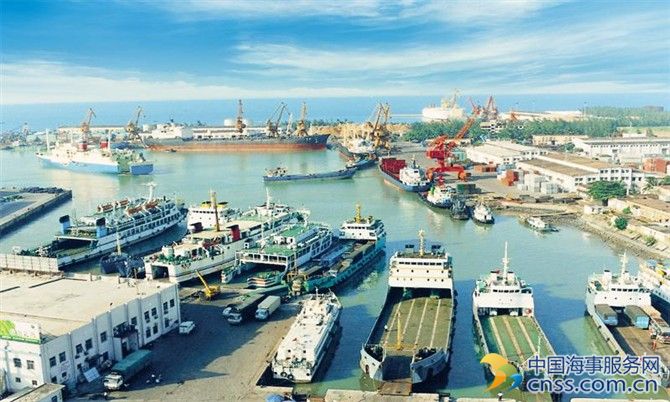ECOSLOPS signs a Letter of Intent with the Egyptian authorities for the Suez Canal region

Ecoslops, an innovative technology company that upgrades ship-generated hydrocarbon residues, or “slops”, into valuable new fuels and light bitumen, today announced that it has signed a Letter of Intent with EGPC (Egyptian General Petroleum Corporation), through one of its subsidiaries, SSCO, in order to explore the feasibility of creating an oil residue collection and recycling plant in the Suez Canal region.
The objective of the agreement is to identify the slops collection and recovery services that could be installed, and then used by ships passing through the Suez Canal. This falls within the framework laid out by the Egyptian authorities, whose aim is to improve the services provided to ships during their passage through the Canal.
Given that the handling and sustainable disposal of oily residues is a recurring need for ships, ECOSLOPS and EGPC/SSCO have decided to join forces to conduct this feasibility study.
Following the feasibility study, it has been agreed that the two partners will invest together in the joint venture that would be eventually created, with ECOSLOPS as a major shareholder, and overseeing the management of the project.
Vincent Favier, Chairman and CEO of ECOSLOPS, said: “More than 17,000 vessels travel through the Suez Canal annually. This amounts to ten per cent of the world’s maritime traffic, and with the extension of the Suez Canal in 2015, this number will rise again. The agreement with Egypt must be capable of addressing the currently unmet needs of ship-owners, which will further improve the attractiveness of the Suez Canal as a global transport route.”
“This agreement is a fantastic opportunity for ECOSLOPS to set up a unit at the heart of one of the maritime sector’s main transport routes. Our unique know how also guarantees Egypt and the unit’s clients a long-term and traceable solution, which will ensure the best and most sustainable treatment of the slops, above and beyond the best practices required at the environmental level.”
Source: Ecoslops
HEADLINES
- Do shipping markets want Biden or Trump for the win?
- All 18 crew safe after fire on Japanese-owned tanker off Singapore
- Singapore launching $44m co-investment initiative for maritime tech start-ups
- Cosco debuts Global Shipping Industry Chain Cooperation Initiative
- US warns of more shipping sanctions
- China continues seaport consolidation as Dalian offer goes unconditional